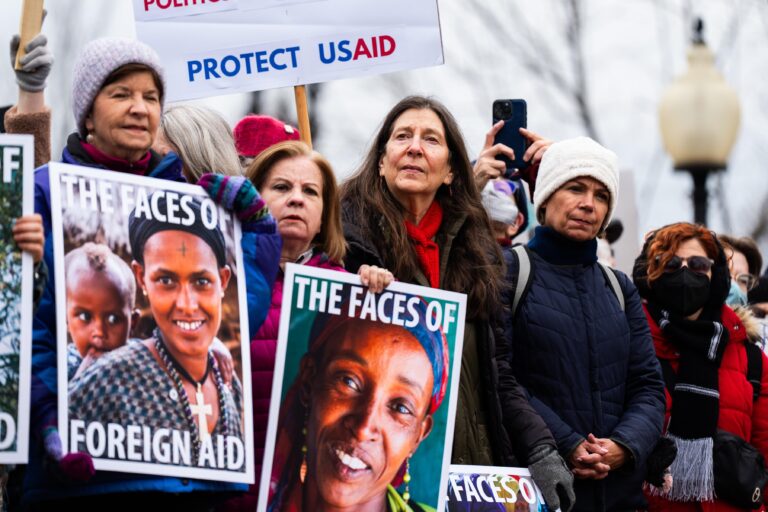Introduction
Foreign aid has played a significant role in shaping the socio-economic landscape of Brazil. The influence of foreign aid extends beyond financial assistance and encompasses development initiatives as well. As one of the largest economies in South America, Brazil’s relationship with foreign aid provides insights into its growth and challenges.
The Historical Context of Foreign Aid in Brazil
Since the 20th century, Brazil has been a recipient of various forms of foreign assistance. This assistance has often aimed at addressing poverty and promoting economic stability. Over the decades, Brazil has received aid from multiple countries and international organizations, each contributing to distinct areas of development, including education, health, and infrastructure.
Types of Foreign Aid
Foreign aid to Brazil comes in various forms, including grants, loans, and technical assistance. Grants often target specific projects that align with both donor and recipient goals. Understanding the types of aid can help appreciate its impact on Brazilian society and economy.
Economic Impact of Foreign Aid
Foreign aid can significantly influence Brazil’s economic development. Funding from foreign sources has contributed to projects that stimulate growth and create jobs. Such investments are vital; they help reduce unemployment and improve the quality of life for many Brazilians.
Sustainability and Growth
Moreover, foreign aid has encouraged sustainable practices within Brazil. Funds allocated for environmental conservation and sustainable agriculture have paved the way for long-term growth. These initiatives not only help protect Brazil’s rich biodiversity but also enhance resilience against climate change.
Social Impact and Human Development
In the realm of social development, foreign aid has helped improve education and healthcare systems. Many donor countries focus on enhancing access to basic services, which is crucial for human development. Improved educational resources and healthcare access can lead to a more productive and educated workforce.
Empowering Local Communities
One of the significant benefits of foreign aid is its potential to empower local communities. Programs funded by international organizations often involve local populations in decision-making processes. This not only fosters community ownership but also ensures that the aid effectively meets the community’s unique needs.
Challenges and Critiques of Foreign Aid
Despite the positive impacts, foreign aid is sometimes met with skepticism. Critics argue that reliance on foreign assistance can hinder self-sufficiency. It’s essential for Brazil to balance the benefits of foreign aid with the need for local initiatives and sustainable practices.
Moving Forward
The future of foreign aid in Brazil requires careful consideration of its impact. As Brazil continues to evolve, the collaboration between the government and international aid organizations must adapt to changing needs. Ensuring that aid remains effective and relevant is crucial for ongoing development.
Conclusion
foreign aid has played a critical role in Brazil’s development journey. While it brings numerous benefits, it’s important for Brazil to cultivate self-sufficiency alongside receiving external support. For more information on the role of foreign aid in Brazil, you can visit this link.

